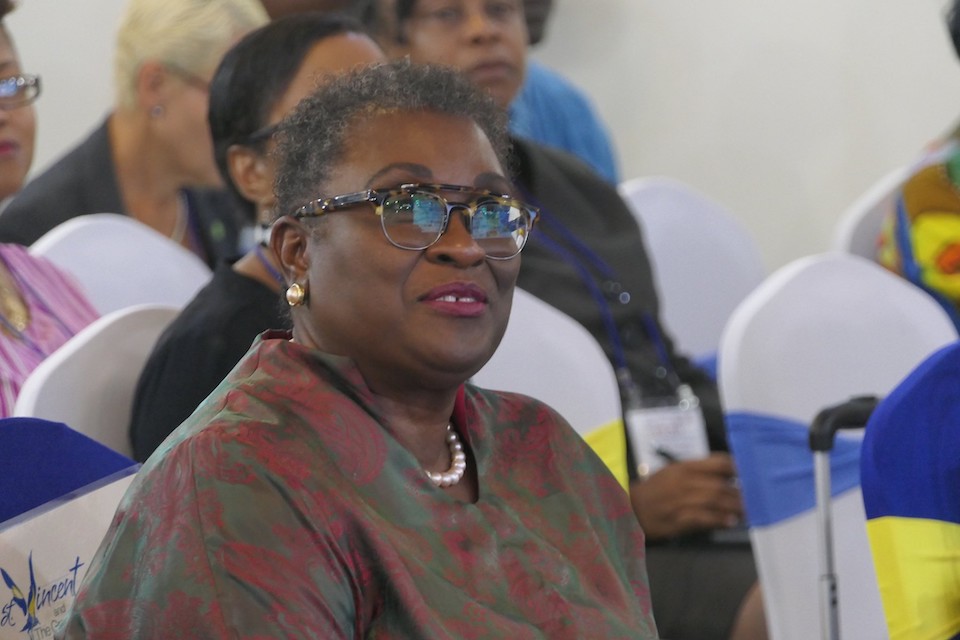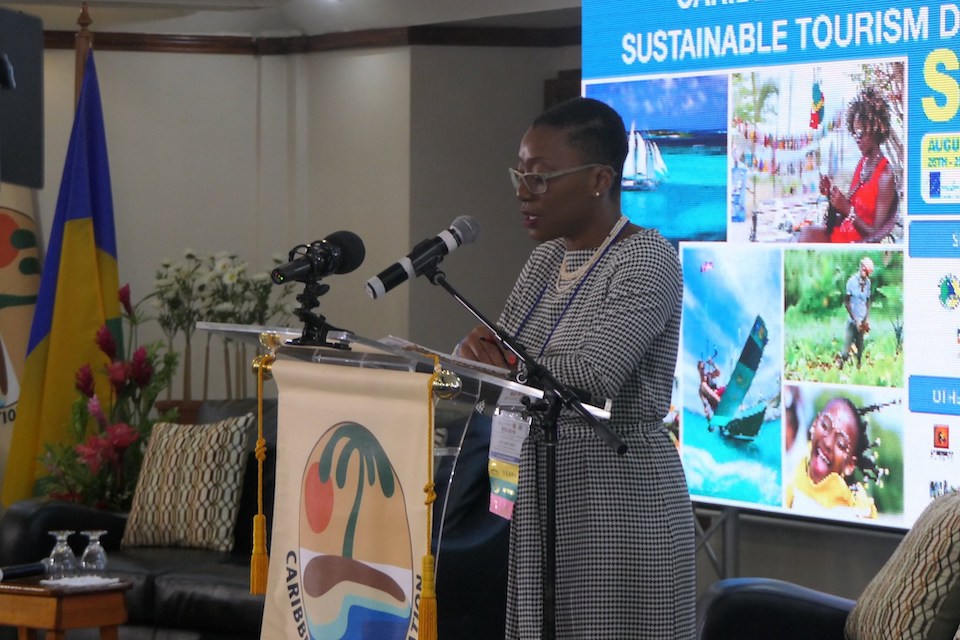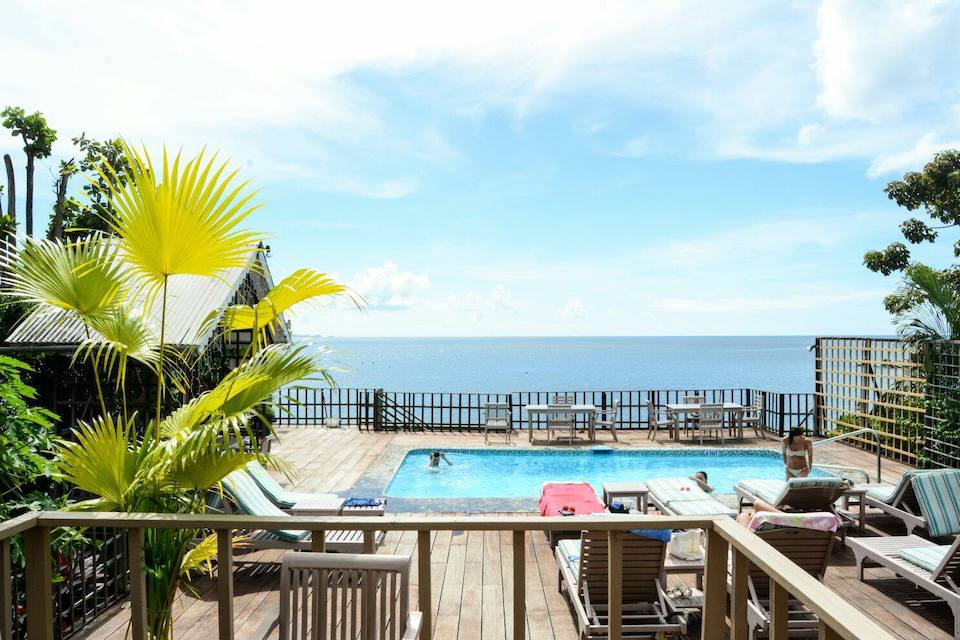By Julie Bielenberg
CJ Contributor
ST VINCENT – It was perhaps fitting that the Caribbean Conference on Sustainable Tourism was delayed by a storm.
What was then-Tropical Storm Dorian delayed the beginning of the recent Caribbean Tourism Organization’s 2019 sustainability conference at the Beachcombers Hotel in St Vincent, highlighting the need for a more sustainable — and resilient — Caribbean region.
But what the return of this eminently relevant conference showed was that sustainability is not just about the climate.
It’s about people.
It’ s about managing to fuse the needs of the environment and its people, to effect development in a way that safeguards both communities and economies.
From a stirring talk by Bahamas Tourism Director General Joy Jibrilu to fascinating deep-dives into the essence of eco-tourism, the 2019 edition of this conference was, well, essential.
Diplomats, politicians and delegates of tourism from around the wider Caribbean thoughtfully met in advance of what would become a category five storm (some via satellite) to emphasize the responsibility of this group to utilize forethought and community awareness in future tourism planning and marketability.
Conference discourse included development models for social integration, community-based tourism, the potential for renewable energy, indigenous conversations, people, planet and profit, the tourism evolution, nurturing the nature including emotional and, perhaps most importantly, profound addresses by both H. Elizabeth Thompson, Barbados’ Permanent Representative to the United Nations and St Vincent and the Grenadines Prime Minister Dr Ralph Gonsalves.

H. Elizabeth Thompson.
The celebrated Thompson underscored the need to understand the importance and significance of the “route of culture, as culture is pulling the people.”
“When a hotel seeks to destroy and build on the last remaining mangrove area or a special ecosystem is the development denied or allowed; when new tourism villas will cut off the access of local communities to a popular beach, who is given precedence; who in our governments and tourism sectors make the determination of pursuing short term gain over long term sustainability and do we truly appreciate the link between climate resilience, profitability in the tourism sector and sustainability amongst other debatable topics,” she wondered.
Gonsalves, the longtime leader of St Vincent and the Grenadines, greeted storm-anxious, and eager-conference participants, with enthusiasm for his country’s eco-evolution and its calm, methodical preparedness for the hurricane.
Gonsalves pointed to seven challenges that must be addressed for tourism to match its benefit and not capitalize on capacity and trend— climate change, resource scarcity, fresh water, the aging of society, growing inequality, artificial intelligence, capital and unilateralism and nativism.
“There is an understanding, a patience that must be exhibited on our 150-square mile, 110,000 people island,” he said. “We are the smallest country to ever sit on the UN Security Council,” then referencing his country’s next phase of lodging and brands, eco-aware projects and amongst other global items, reiterating what a small, cohesive society can undertake, overcome and how to succeed in the modern era of community, tourism and equal profitability.

Guyana is home to the Rewa Eco-Lodge, one of the most important examples of community-focused tourism on earth.
There is arguably no greater example of a sustainable tourism endeavor than the Rewa Ecolodge in Guyana, a project that has set a new standard for sustainability — and reinforced the definition of the term.
That was the theme of the talk by the Chief of the Toshao Tribe, Rudolph Edwards, who is now the manager of the Rewa Ecolodge,, who explained his community’s depleting natural resources due to rival tribe poaching.
Edwards created his eco-lodge not merely out of hospitality, he said, but out of a need to survive — to survive local challenges and oncoming global implications.
He took a community where even the concept of a hotel booking was an abstract concept, building every aspect of infrastructure possible—transportation, supply, trade, business language and negotiation — and eventually establishing one of the most culturally-sustainable, innovative, and notable community-based tourism projects in the world.

Throughout what was one of, if not, the most profound speeches of the conference, Edwards explained the astronomical challenges and obstacles overcome by his community — a journey that resulted in what is one of the most culturally-sustainable, innovative, and notable community-based tourism projects in the world.
So what was the biggest takeaway for destinations from the world’s largest public gathering, to date, focused on environmentally, ethically and economically-based-issues in the Caribbean?
The most positive social impact and benefit for both traveler and island is about knowing and showing who you are, why you are unique and about all of the facets of community that set you apart from any other island.
— CJ
